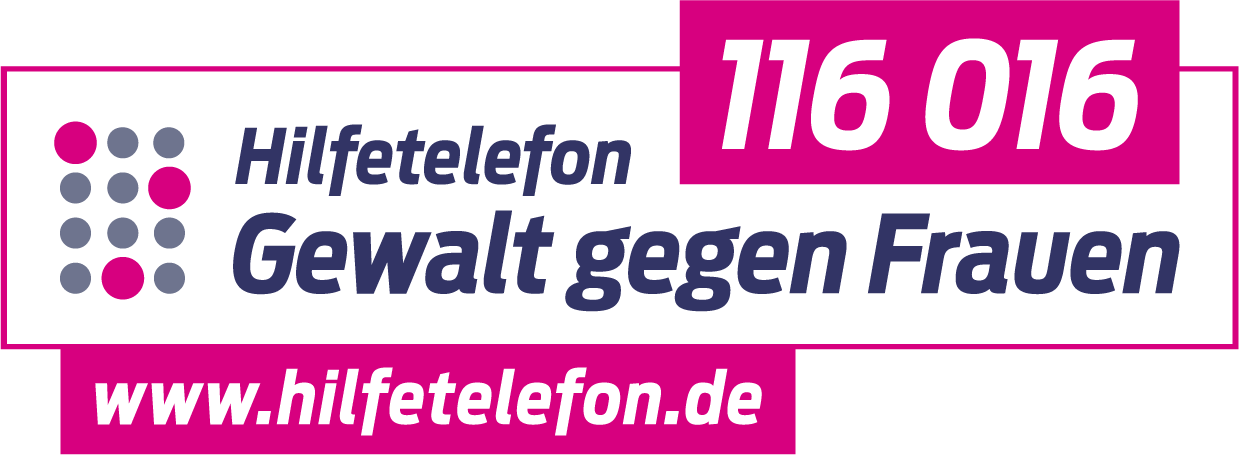Help and Support after
SEXUALIZED Violence
What is sexualised violence?
Sexualised violence is any act against the right to sexual self-determination and has many faces. These include
- (Attempted) rape
- Sexual abuse in childhood
- Sexualised violence in marriage and partnership
- Sexual assault
- Sexual harassment in the workplace, on the phone, on the internet
- Sexual harassment in everyday life (verbal, judging glances, „accidental“ touches, grabbing)
Every seventh woman who lives in Germany has already experienced sexualised violence in her life. Women and girls of all ages, regardless of appearance, social, cultural or religious background, level of education or lifestyle can be affected. There is no particular behaviour that protects against assault. The perpetrators usually come from social or
family backgrounds.
What are the consequences of sexualised violence?
Sexualized violence can have different profound physical and psychological effects that can greatly affect everyday life. Long-term consequence are often underestimated and not taken seriously.
Which support offers are there?
The women’s advice centre Frauen e.V. offers women who have experienced sexualised violence professional, personal and telephone counselling (anonymous if desired), information on medical and therapeutic possibilities, advice on the subject of complaints, court proceedings and anonymous forensic evidence.
Anonymous securing of evidence
In the case of rape or sexual abuse there are usually no witnesses. Therefore it can become important to have traces secured for a possible procedure.
In order not to have to decide immediately after the crime about a complaint, there is the possibility to get medical care in the hospital and have crime traces anonymously secured. The traces are kept for 10 years in the Institute of Forensic Medicine. This gives those affected time to decide whether to report the crime or not.
Further contacts
The Violence against Women Helpline is an offer of help for women affected by violence. You can contact us on 08000 116 016 or by online counselling, for anonymous free advice around the clock. If you wish,
qualified and multilingual counsellors will support and refer you to local support facilities.

